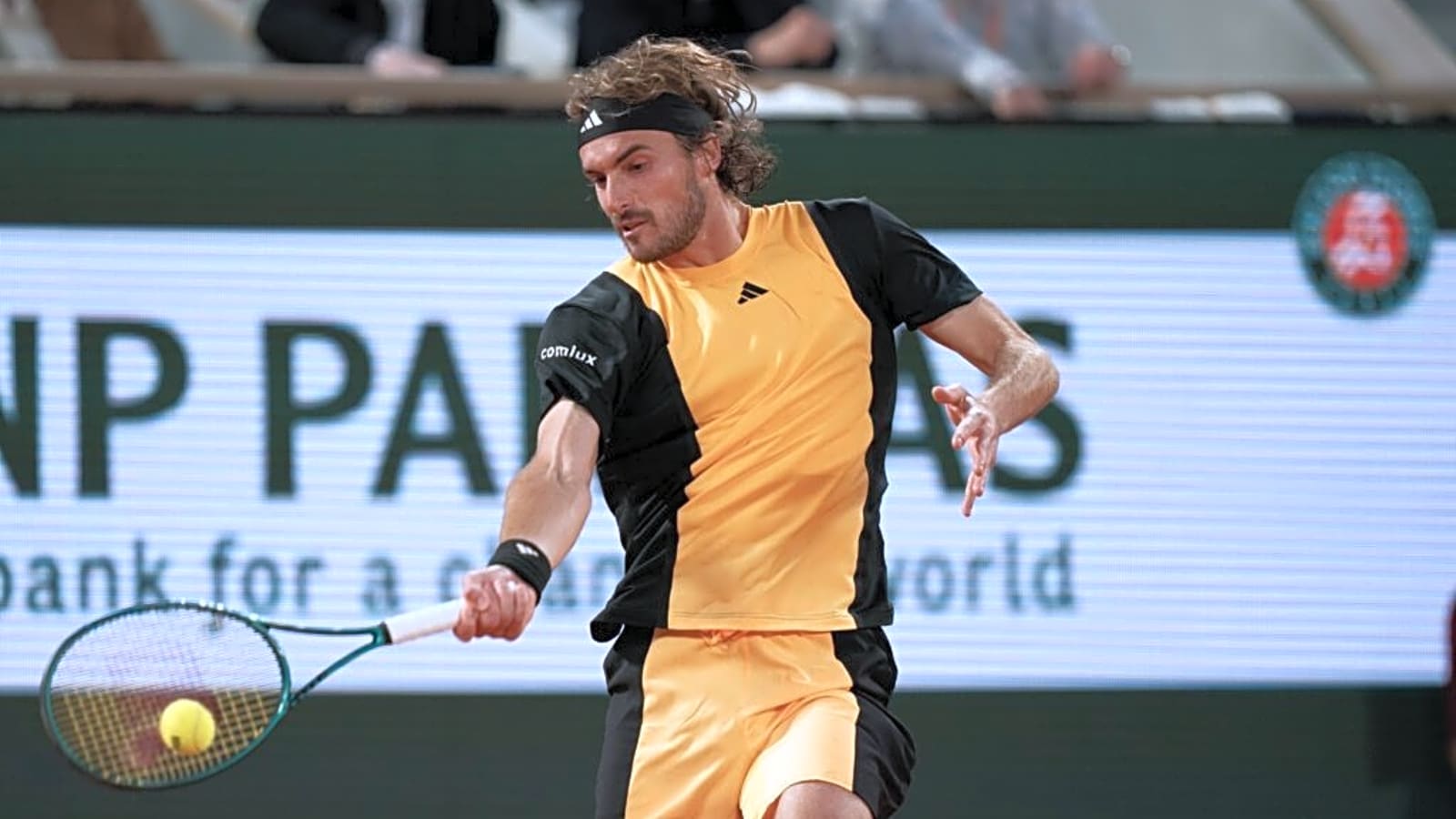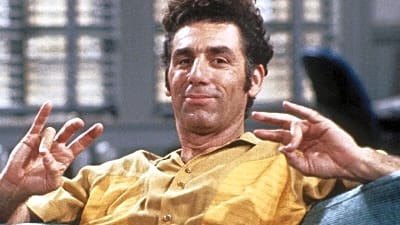
Stefanos Tsitsipas recently announced he will work with “supercoach” Goran Ivanisevic during the upcoming grass court season.
Now, on the face of it, this appears to be an astute appointment. But it comes with some questions and caveats. The question is whether Tsitsipas hired a coach of the calibre of Ivanisevic too late in his career? Or is there time to put his full trust in a coach and be prepared to listen and act on the advice? Let’s look at the background that led to this development.
Can Tsitsipas reach previous heights?
Tsitsipas was considered one of the best players in the world for many years and was seen as a natural successor to Roger Federer. Tsitsipas saw himself in that manner with his one-handed backhand. In fact, 2019 was the year Tsitsipas announced himself to the world of tennis by beating Federer in the fourth round of the Australian Open. This propelled Tsitsipas, and he continued to make good progress up the rankings. He became a regular in the Top 10 and a contender in big tournaments. In November 2019, he won his biggest title at the ATP World Tour Finals in London, defeating Dominic Thiem in three sets.
Despite his rise to being a Top 10 (Top 5) player, there was a nagging feeling with Tsitsipas. For instance, during the third round of the 2020 US Open, Tsitsipas blew seven match points in a five-set loss to Borna Coric. There was also discussion about his backhand being a weakness and a target for opponents. Additionally, Tsitsipas frequently traveled with his parents; his father, Apostolos, served as his primary coach, a role more commonly associated with the WTA Tour. Where fathers are protective of young daughters and take control.
Strings of success
There were growing doubts about whether Tsitsipas could become a major champion. However, he did get to two major finals, each time losing to Djokovic. 2021 looked to be his year, reaching the French Open final after beating Zverev in a five-set semifinal thriller. This set him up nicely for the final against Novak Djokovic. Everything went to plan; he won the first two sets and looked set to fulfil his destiny. Then Djokovic took a bathroom break and launched his comeback. Unfortunately for Tsitsipas, he dropped the next three sets in double quick time, and his dream was gone.
When that happens, a player can go in one of two directions: use the experience to spur them on to greater heights and come again, or slump into depression. It appears Tsitsipas suffered the latter, as his results dipped and his on-court demeanour got progressively worse. The overly long bathroom breaks and constant scrapes with opponents, including Medvedev and Kyrgios. Whilst having all-out arguments with both his mother and father in the coaching box.
To be fair, Tsitsipas took action to arrest the slide. He appointed Mark Philippoussis to be his coach on two occasions (and sacked him on two occasions). Additionally, earlier this year, he asked Apostolos to take a back seat and refrain from involvement in the coaching setup. Only to bring him back less than two months later…
Tsitsipas’ results continue to go south, with early defeats at both the Australian Open and French Open. Within those bad defeats, we saw a mini revival when he won Dubai in February. Reportedly with a different Wilson racquet, which got a lot of the tennis fraternity excited.
The racquet was said to help with the slower hardcourt surfaces and heavier tennis balls. However, the decision to go back to his old racquet during the clay season baffled many people. I recall listening to Pat Cash during the 2023 Wimbledon event, where he discussed his conversation with Apostolos Tsitsipas. Apostolos confirmed that Stefanos’ racquet weighs less than 12 ounces (less than 340 grams).
Coaching changes
Now we have news that supercoach Goran Ivanisevic is working with Tsitsipas during the grass court season. Ivanisevic is no doubt recovering from his own dramatic experience. He was hired by Elena Rybakina in November 2024, only for her to re-hire her banned coach, Stefano Vukov, without telling him. Not only is Vukov banned from all tennis for twelve months, it is also reported they are in a relationship. So, Ivanisevic smartly bailed out quickly. I can only imagine a discussion with Tsitsipas in which he wants no interference from family.
There should be no interference!
Apostolos knows Ivanisevic is one of the best coaches in the world with a track record of success. Ivanisevic coached Marin Cilic to a US Open title in 2014, including a straight-set victory over Roger Federer in the semifinals. Then he went on to coach Djokovic to nine major titles and countless ATP titles.
Ivanisevic was one of the best grass-court players of his generation, having famously won Wimbledon as a wildcard in 2001. Although it must be noted he was a former number 2 player, reached four Wimbledon finals and semifinals at the French Open and US Open.
This is the one opportunity for Tsitsipas to go all out and work on his game technically and mentally. At the moment, both aspects are suffering. Ivanisevic can show Tsitsipas how to shorten his swings on return of serve on the faster surface. Plus, how to stay in the rally until he gets a short ball, then use his athleticism and transition game. Ivanisevic can also help to improve Tsitsipas’ net game and serving patterns, restoring confidence and equilibrium to his game.
All in all, taking everything at face value, this is a very exciting and long overdue appointment by Tsitsipas. But it comes with a caveat: Is Tsitsipas ready to put all of his trust in a top-level coach? We wait and see, let’s hope he does, and we can then enjoy an upturn in results.
More must-reads:
- Nationals need manager change after Dave Martinez's comments
- Caitlin Clark has electric first quarter in return from injury
- The 'Golfers with multiple U.S. Open titles' quiz
Breaking News
Trending News
Customize Your Newsletter
 +
+
Get the latest news and rumors, customized to your favorite sports and teams. Emailed daily. Always free!







